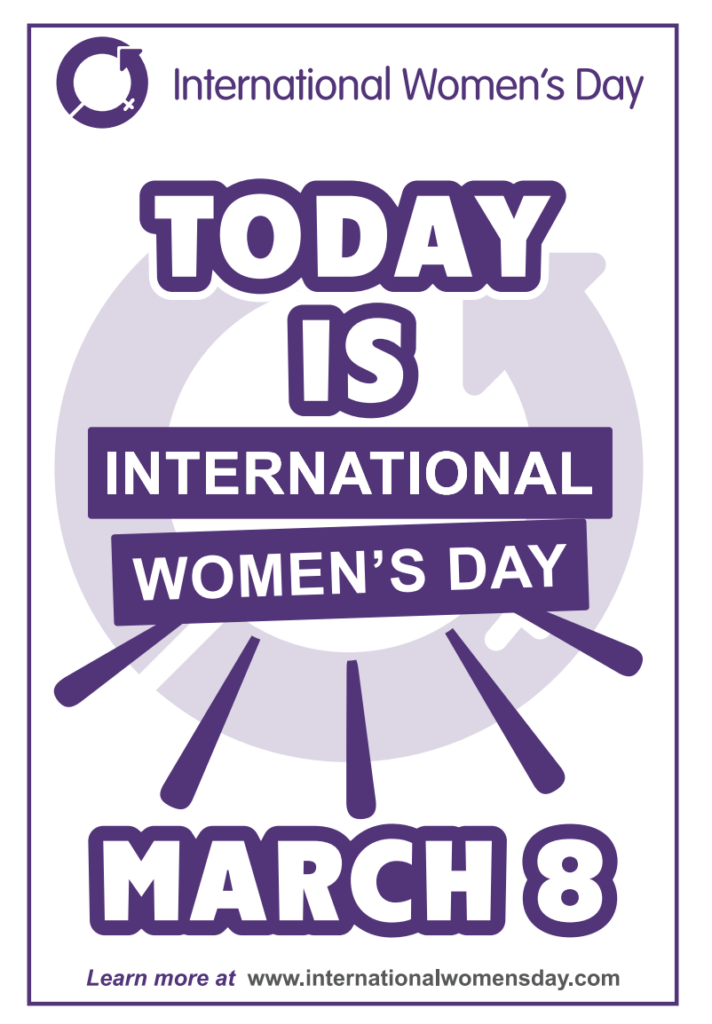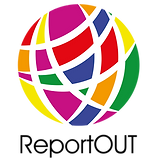
Each year on the 8th of March, the social, economic, cultural, and political achievements of women are celebrated across the world on International Women’s Day (IWD). This day also serves as a mark to a call to action for accelerating gender parity and equality. For IWD 2022, we are collectively being asked to #BreakTheBias. As individuals we are accountable for our own thoughts and decisions, and as such, we can break the bias in our local communities and workplaces.
Here in Population Health Sciences Institute, at Newcastle University, we are marking IWD by celebrating the achievements of three talented female postgraduate students who are researching very diverse areas of female health and social care. These examples highlight the advancements and contributions our institute are making towards an agenda to #BreakTheBias
Blog collated by Greig Taylor, PHSI EDI Committee PGR Representative
Ânia Couchinho, ARC Funded PhD Student

My ARC funded PhD supervised by Dr Nicola Heslehurst , Dr Ryc Aquino, Dr Allison Farnworth and Dr Lem Ngongalah, started in 2020. The research aims to develop recommendations for the enhancement of maternity care for Black women in the UK. Currently, I am conducting a systematic review on the experiences of Black women who have received maternity care in countries with white dominant populations. Within this systematic review my objectives are to identify and synthesise the barriers and facilitators within the maternity care experiences of Black women in countries where they face ethno-cultural barriers. In the future I hope to engage with Black women and maternity health care providers. Primary accounts will hopefully provide insight into how structural barriers influence Black women’s maternity care provision and engagement.
There is an increasing amount of literature surrounding women’s experiences with structural marginalisation. However, I decided to specifically pursue research in women’s health so that I could explore the ways in which systemic barriers are echoed within essential services. Although it is important that research in all topic areas work towards closing this gap, I decided to pursue research in women’s health because quality healthcare impacts every aspect of life. Coupled with the systemic economic and social disadvantages women already experience, inadequate healthcare significantly alters women’s quality of life. My focus on Black women’s health is due to my own identity but also because of the level of marginalisation and social exclusion Black women experience at the intersection of race and gender. I hope to contribute towards increasing the awareness and commitment to Black women’s lives.
Claire Smiles, FUSE funded PhD Student

I am a third year PhD student funded by FUSE and supervised by Dr. Ruth McGovern, Professor Eileen Kaner and Professor Judith Rankin. My interest in the reproductive health and wellbeing of women began many years ago when working in drug and alcohol services in London and the North East. Women who use drug represent around one third of the treatment population and are at high risk of unplanned pregnancy, STI/ STDs and at an increased risk of violence and trauma. Traditionally, drug and alcohol services are designed to meet the needs of men and are not readily available to support the needs of women, particularly pregnant women. Pregnant women have a higher rate of dropout in treatment than other individuals, placing themselves and their unborn child at risk. During my time as a practitioner, I encountered many women who were pregnant or had children. In many cases their children were not in their care. There were instances were women had consecutive removal of their children after birth, leaving them isolated and in despair with little or no intervention or support. Research has documented that woman who use drugs and are pregnant or parents, are stigmatised and stereotyped and experience guilt and shame relating to their drug use. The experiences of women I met during my time working in drug and alcohol treatment, coupled with previous research, underscore the urgency to improve the unmet reproductive health and social care needs of women who use drugs.
The aim of my research is to explore the unmet reproductive healthcare needs of women who use drugs in the UK. The first phase of the study is a qualitative systematic review, exploring the lived experience of pregnancy amongst women who use illicit drugs. The second phase is qualitative research project, conducted with female service users and service providers. This research will give an insight into the agency women who use drugs have over their reproductive health and the perspectives service providers have of current provision for this population. It is intended that the outcomes of this research will be used to design an intervention that supports the reproductive health and social care needs of women who use drugs.
Anna Boath, FMS funded PhD student

I am a third year PhD student funded by FMS, Newcastle University and supervised by Dr Nicola Heslehurst, Prof Luke Vale, Dr Louise Hayes and Dr John Allotey (based at University of Birmingham).
Within the context of my PhD, I research health in pregnancy. Researching women’s health, in particular pregnancy particularly interested me as the health within pregnancy impacts the woman herself and can impact health of the child across their lifespan. Therefore, health throughout pregnancy affects every single person. Research in pregnancy is crucial to provide safe and effective care and treatments for women and their children, with research being carried out in a way that promotes access to all women. Beyond reproductive health, recent advancements in understanding show sex-based differences in diseases such as cardiovascular disease and obesity. This drives an urgent need to prioritise research into women’s health. My personal interest in women’s health research was particularly sparked by reading both “invisible women” and “sex matters”; books which explore both healthcare and wider societal biases that impact women in every facet of life. Only by understanding and addressing these issues can we move towards a more equitable society.
My research involves looking at the use of diet and physical activity interventions in pregnancy to help prevent gestational diabetes and reduce gestational weight gain. Gestational diabetes and excessive gestational weight gain are increasing in prevalence worldwide and can have serious implications for both the women and her child. At present, the only measure of body composition used to target women who may benefit from these weight management services is by BMI. BMI has been shown to be a poor tool in targeting women for this extra care. My research aims to assess how targeting women based on alternative measures, such as waist circumference, may be advantageous. Further to this, the cost-effectiveness of targeting these interventions based upon adiposity measures will be assessed. This may assist in policy-setting and health care provision.
